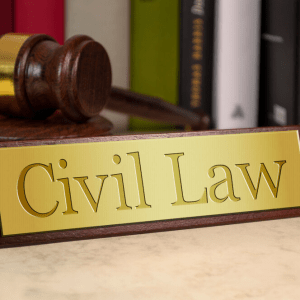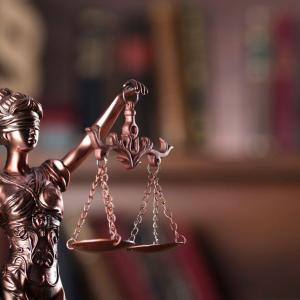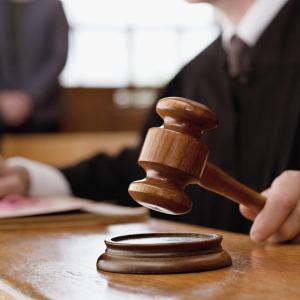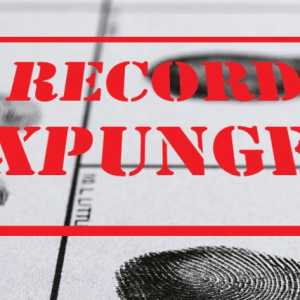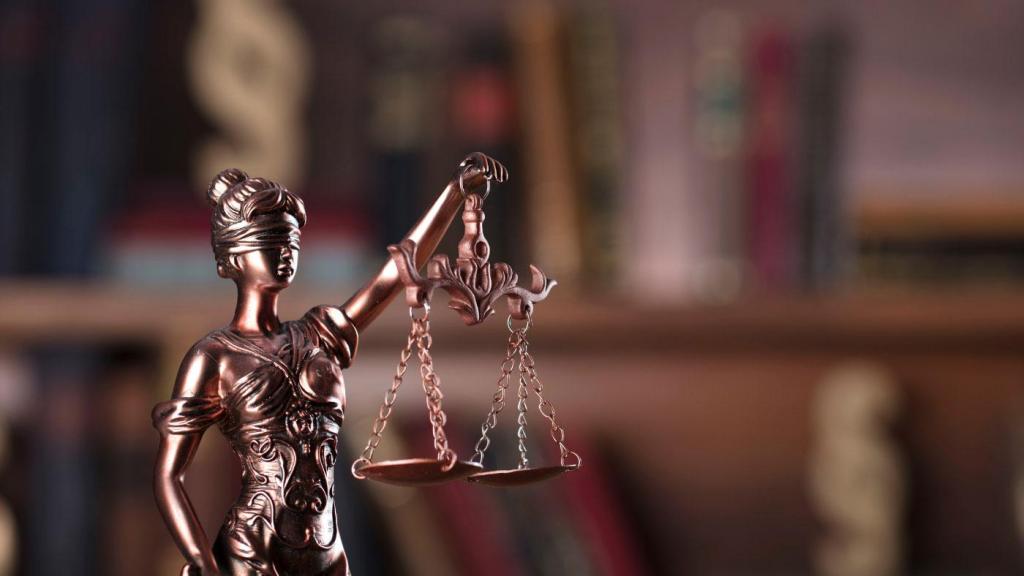
In the intricate realm of justice, navigating court proceedings stands as the epicenter of our legal system. It is here that the pursuit of truth, the protection of rights, and the dispensation of justice converge. In this exploration, we delve into the intricacies of navigating court proceedings with an unwavering commitment to fairness and equity.
Labyrinth Navigating Court Proceedings
Navigating court proceedings are often likened to a labyrinth, replete with twists and turns, where the uninitiated can easily become lost. Understanding the rules of engagement, the protocols, and the nuances is paramount. It’s a realm where precision and clarity are the guiding stars, where every word and action carry immense weight.
The Role of Legal Representatives
At the forefront of navigating court proceedings are the legal representatives, often referred to as advocates or attorneys. They are the champions of their clients’ cause, armed with a profound understanding of the law. Their duty is not just to win cases but to ensure that justice is served. The adversarial nature of the courtroom requires them to be both vigilant and persuasive.
The Crucial Prelude: Case Preparation
Before stepping into the courtroom arena, meticulous case preparation is the bedrock of success. Legal professionals dive into research, gathering evidence, identifying precedents, and anticipating counterarguments. This stage is akin to a chess match, with every move calculated and strategic.
The Art of Persuasion: Presenting the Case
In the courtroom, the art of persuasion reigns supreme. Legal representatives employ a wide array of skills, from eloquent oratory to the artful presentation of evidence. It’s a ballet of words, where every sentence, every objection, and every exhibit can sway the scales of justice.
The Judicial Arbiter
The linchpin of fairness in court proceedings is the judge. As an impartial arbiter, the judge ensures that the rules are followed, that both sides have a fair chance to present their case, and that justice is dispensed without bias. They are the navigators, guiding the proceedings towards a just resolution.
The Role of Witnesses
Witnesses play a pivotal role in court proceedings, providing firsthand accounts and expert opinions. Their testimony can be the linchpin that tips the scales. The examination and cross-examination of witnesses are delicate dances, where the truth must be ferreted out from the recesses of memory.
The Quest for Fairness: Due Process
Fairness in court proceedings is intrinsically tied to the concept of due process. This foundational principle ensures that every individual is entitled to a fair and impartial hearing. It is a shield against arbitrary actions and a safeguard of individual rights.
Balancing Act: The Adversarial System
Many legal systems, including that of the United States, employ the adversarial system, where two opposing sides present their cases before an impartial judge. This system, while fostering competition, requires a delicate balance to ensure that justice is not overshadowed by the pursuit of victory.
The Jury’s Deliberation
In cases that involve a jury, fairness takes on an added layer of complexity. The jury, composed of ordinary citizens, is entrusted with the task of determining guilt or innocence. Their deliberations are a testament to the participatory nature of justice, where peers have a say in the outcome.
Conclusion
In the grand tapestry of navigating court proceedings, the thread of fairness is intricately woven. It is a thread that binds the legal system to the principles of equity and justice. As we journey through the corridors of the courtroom, we must remain ever vigilant, for fairness is not an abstract ideal but a tangible cornerstone of our legal system. It is a testament to our commitment to ensuring that the pursuit of truth is not overshadowed by the pursuit of victory. In this pursuit, we navigate the labyrinth of justice, guided by the beacon of fairness, ensuring that the scales remain balanced and justice prevails.




